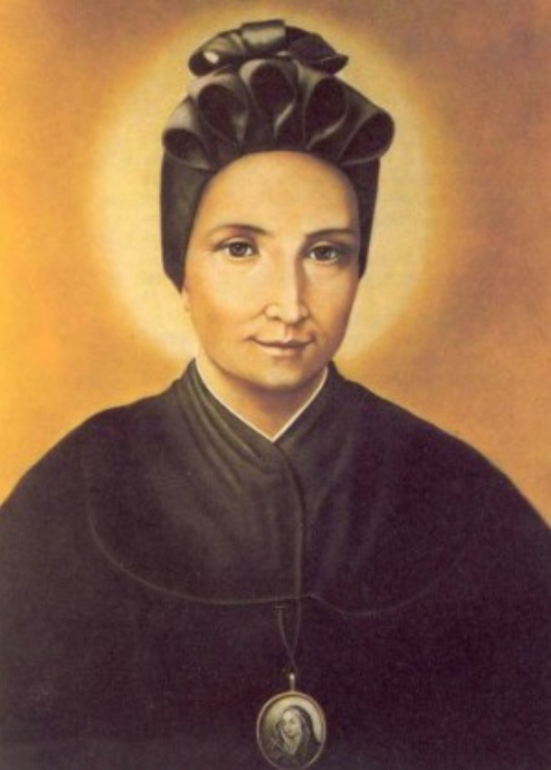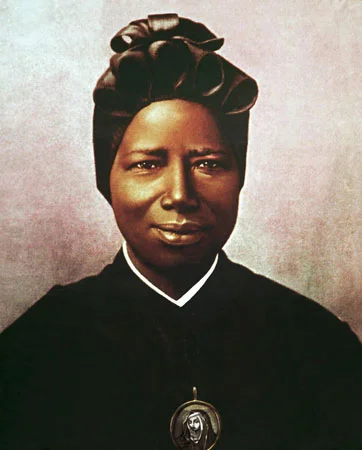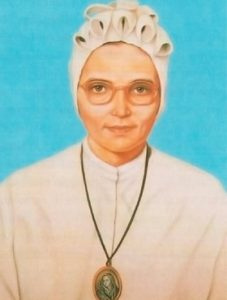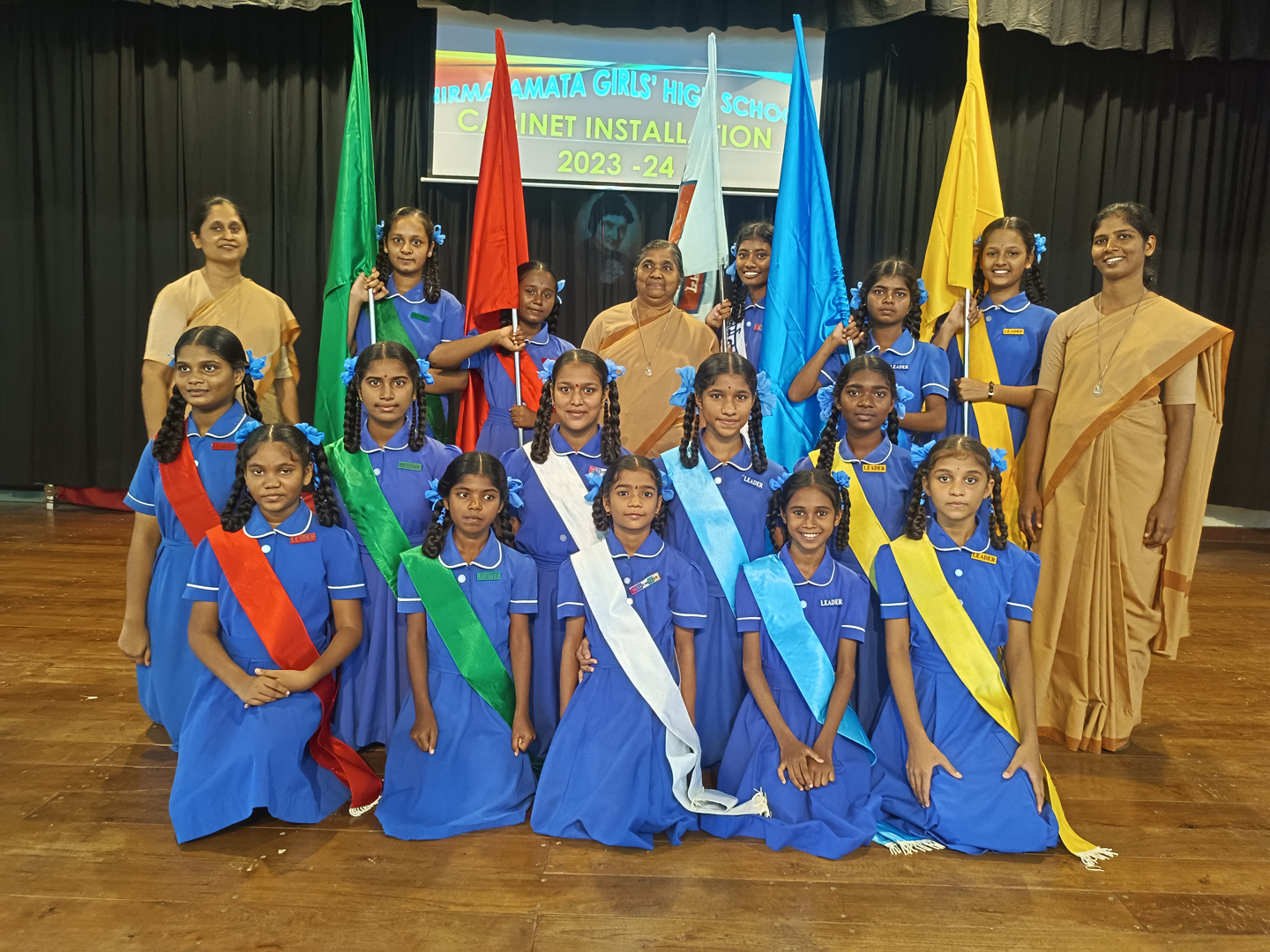
Wealth and privilege did nothing to prevent St. Magdalene from following her calling to serve Christ in the poor. Nor did the protests of her relatives, concerned that such work was beneath her. Born in northern Italy in 1774, Magdalene knew her mind-and spoke it.
At age 15 she announced she wished to become a nun. After trying out her vocation with the cloistered Carmelites, she realized her desire was to serve the needy without restriction. For years she worked among the poor and sick in hospitals and in their homes, and also among delinquent and abandoned girls.
In her mid-20s, Magdalene began offering lodging to poor girls in her own home. In time she opened a school, which offered practical training and religious instruction. As other women joined her in the work, the new Congregation of the Canossian Daughters of Charity-or Canossian Sisters-emerged. Over time, houses were opened throughout Italy.
Members of the new religious congregation focused on the educational and spiritual needs of women. Magdalene also founded a smaller congregation for priests and brothers. Both groups continue to this day. Magdalene died in 1835.
Pope John Paul II canonized her in 1988.

St. Josephine Bakhita, in full Josephine Margaret Bakhita, also called Mother Josephine Bakhita, (born c. 1869, Olgossa, Darfur (now in Sudan) died February 8, 1947, Schio, Italy; canonized October 1, 2000; feast day February 8), Sudanese-born Roman Catholic saint who survived kidnapping and enslavement. She is the patron saint of Sudan and of victims of human trafficking.
Saint Josephine Bakhita’s Story
For many years, Josephine Bakhita was a slave but her spirit was always free and eventually that spirit prevailed.
Born in Olgossa in the Darfur region of southern Sudan, Josephine was kidnapped at the age of 7, sold into slavery and given the name Bakhita, which means fortunate. She was resold several times, finally in 1883 to Callisto Legnani, Italian consul in Khartoum, Sudan. Two years later, he took Josephine to Italy and gave her to his friend Augusto Michieli. Bakhita became babysitter to Mimmina Michieli, whom she accompanied to Venice’s Institute of the Catechumens, run by the Canossian Sisters. While Mimmina was being instructed, Josephine felt drawn to the Catholic Church. She was baptized and confirmed in 1890, taking the name Josephine. When the Michielis returned from Africa and wanted to take Mimmina and Josephine back with them, the future saint refused to go. During the ensuing court case, the Canossian Sisters and the patriarch of Venice intervened on Josephine’s behalf. The judge concluded that since slavery was illegal in Italy, she had actually been free since 1885. Josephine entered the Institute of St. Magdalene of Canossa in 1893 and made her profession three years later. In 1902, she was transferred to the city of Schio (northeast of Verona), where she assisted her religious community through cooking, sewing, embroidery, and welcoming visitors at the door. She soon became well loved by the children attending the sisters’ school and the local citizens. She once said, “Be good, love the Lord, pray for those who do not know Him. What a great grace it is to know God!” The first steps toward her beatification began in 1959. She was beatified in 1992 and canonized eight years later.
Reflection
Josephine’s body was mutilated by those who enslaved her, but they could not touch her spirit. Her Baptism set her on an eventual path toward asserting her civic freedom and then service to God’s people as a Canossian Sister.
She who worked under many “masters” was finally happy to address God as “master” and carry out everything that she believed to be God’s will for her.

Fernanda Riva was born on 17 April 1920 in Monza, Italy. She joined the Canossian Missionary Novitiate in Vimercate, Milan, on 19 March 1939. She continued her First Formation at St. Joseph’s Convent, Belgaum, and pronounced her First Vows, on 24 December 1941.
She completed her B.A., B. Ed at the Colleges in Belgaum from 1943 to 1947, and came to Mumbai for her master’s degree in Education. Riva came to Bombay (now Mumbai), India on 30 October 1939. She was principal of the St. Joseph’s College for Women Alleppey, Kerala. From July 1950 to September 1953 Riva served at Canossa High School, Mahim, first as a teacher and then as principal.
In September 1953, Riva was transferred to St. Joseph’s Convent, Alleppey, Kerala, to start the St. Joseph’s College for Women there and take over as its first principal. This took a good bit of her energy – to supervise the construction and equipment of the college. In suffering, she kept serenity and joy, strengthened in prayer passed away on January 22, 1956, in India.
Pope Benedict XVI issues the decree declaring it Venerable on June 28, 2012. Joy is a gift we received alongside the Canossian charisma… surely joy is a gift for all Christians.
The Venerable M. Fernanda is known as “the missionary of joy”, since she knew to live this trait of ours to the fullest.

© 2024 Nirmala Mata Girls’ High School / All Rights Reserved